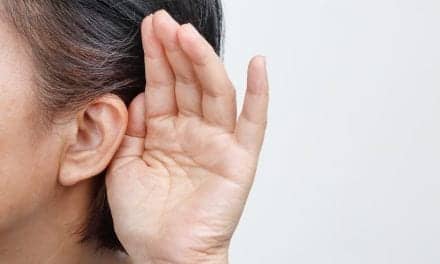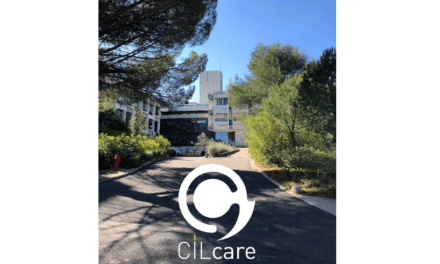Sensorion (Paris:ALSEN) (FR0012596468 – ALSEN), a clinical-stage biotech company which specializes in the development of novel therapies to restore, treat, and prevent within the field of hearing loss disorders, announced the presentation of new preclinical data on SENS-401 at the 43rd Annual MidWinter Meeting of the Association for Research in Otolaryngology (ARO 2020), held in San Jose, Calif.
Sensorion made an oral presentation, “SENS-401 Significantly Reduces Lasting Hearing Loss from Chronic Noise Exposure in a Rat Model” and a poster presentation, “SENS-401 Significantly Reduces ABR wave 1 Amplitude Loss after Chronic Noise Exposure in a Rat Model.” These demonstrated the beneficial effects of twice-daily, oral administration of SENS-401 for prevention of auditory deficits after chronic noise exposure.
“These preclinical data further demonstrate the opportunity for SENS-401 to make a potential difference for patients suffering from sensorineural hearing loss (SNHL),” said Nawal Ouzren, CEO of Sensorion. “As such, they add to the body of evidence we are building up on this treatment, and we are looking forward to final results from a Phase 2 clinical trial in sudden sensorineural hearing loss (SSNHL).”
To determine the potential for protection against auditory deficits following chronic noise exposure, SENS-401 or placebo was administered orally to male Wistar rats during 14 days of daily 2-hour-long sessions of exposure to 100 dB SPL noise levels (comparable to the noise levels of a motorcycle, farm tractor, jackhammer, or garbage truck). SENS-401 or placebo treatments were subsequently continued for an additional 14 days after the end of noise exposure. At the end of noise-exposure, SENS-401 treatment had significantly reduced the loss of auditory brainstem response (ABR) wave 1 amplitude by 60-67% compared to placebo treatment. ABR wave 1 amplitude loss is considered a measure of “hidden hearing loss,” an auditory deficit impacting speech recognition, according to the announcement.
At the end of the experiment, SENS-401 treated animals showed significantly less overall hearing loss compared to the placebo control group: Noise-exposure induced increases in hearing thresholds measured with ABR were 51-63% lower for SENS-401 treated animals compared to placebo treatment.
These results support the potential of SENS-401 in treating auditory deficits from chronic noise exposure, in addition to the benefits already demonstrated in preclinical models of sudden sensorineural hearing loss and cisplatin-induced ototoxicity, Sensorion reports.
A third presentation for the poster, “Natural Progression of Age-related Hearing Loss in Male Wistar Rats” reported the development of age-related hearing loss in male Wistar rats using serial audiometry over the course of 6 months. These experiments determined progressive, consistent age-related hearing deficits as measured by changes in auditory brainstem response (ABR) and distortion product oto-acoustic emission (DPOAE) audiometry at earlier ages than previously reported in the scientific literature. With the already well-established use of the Wistar rat strain in translational drug development, this supports the additional potential for their use in evaluation of drug candidates for the treatment of age-related hearing loss, Sensorion concluded.
Source: Sensorion





